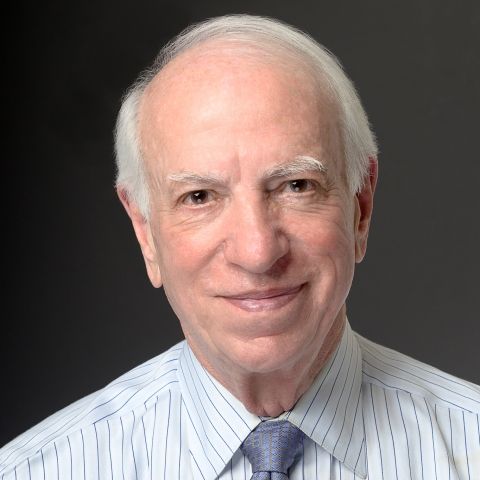
Soviet Psychiatry and Human Rights: Reflections on the Report of the U.S. Delegation
For more than 20 years, the Soviet Union has been charged with confining political and religious dissidents in psychiatric hospitals for other than medical reasons. The repressive use of psychiatric hospitalization has been primarily associated with the maximum security "special hospitals," operated by the Ministry of Internal Affairs, to which dissidents have been committed after being found mentally nonresponsible for political crimes. In 1977, the World Psychiatric Association (WPA) condemned the Soviet Union for such abuses, and six years later the Soviet All-Union Society of Neuropathologists and Psychiatrists resigned from the WPA rather than face almost certain expulsion. Soviet psychiatric officials repeatedly denied these charges of political abuse and refused to permit international bodies or psychiatrists from other countries to see the patients and psychiatric hospitals in question.
In the spring of 1989, however, the Soviet government allowed an official delegation of psychiatrists and forensic experts from the United States to interview patients, selected by the delegation, in whose cases hospitalization was believed to have been politically motivated. Members of the delegation were also permitted to conduct unrestricted site visits at four hospitals (including two "special" hospitals) selected by the delegation only a week before its arrival in the Soviet Union. The U.S. delegation released a 100-page report in July, 1989 and the Soviet government issued an official response shortly thereafter. This article briefly summarizes the delegation's findings and provides a personal assessment of the current state of coercive psychiatry in the U.S.S.R.